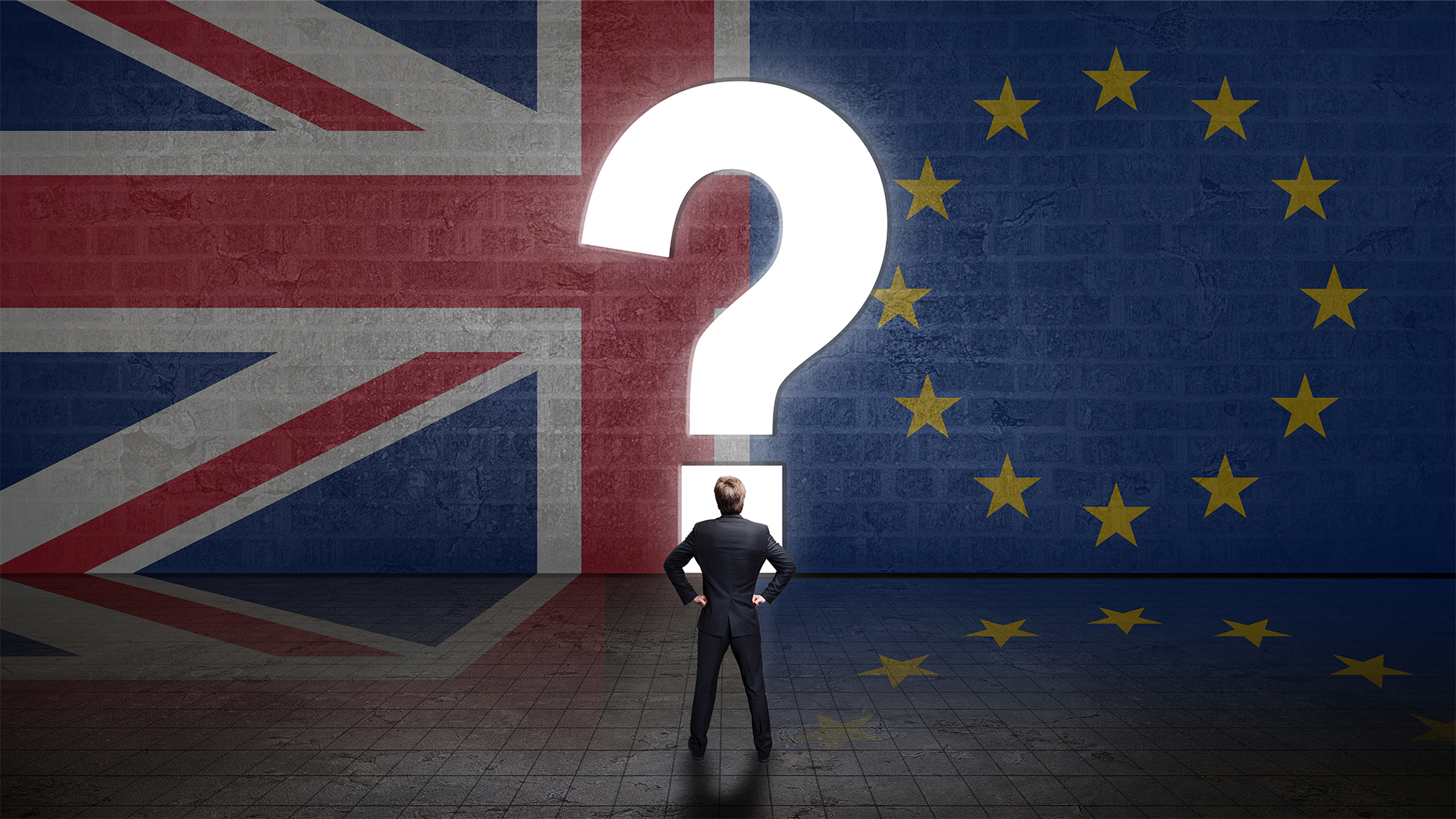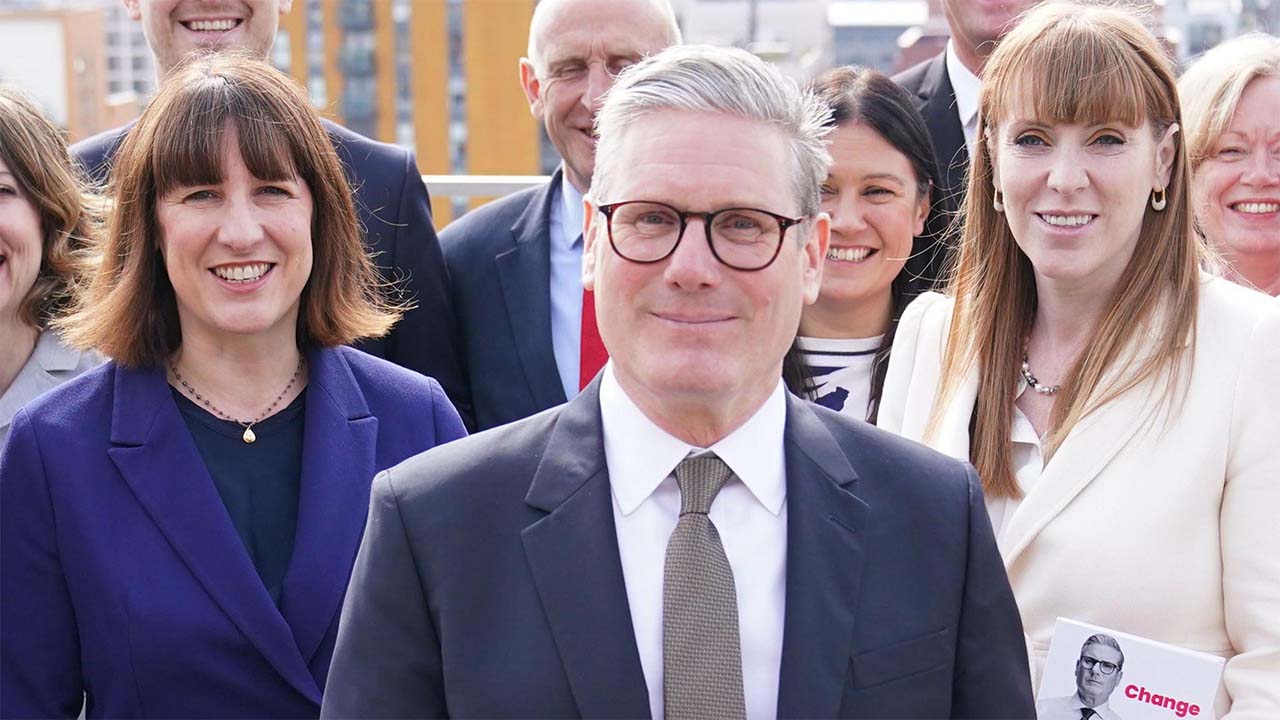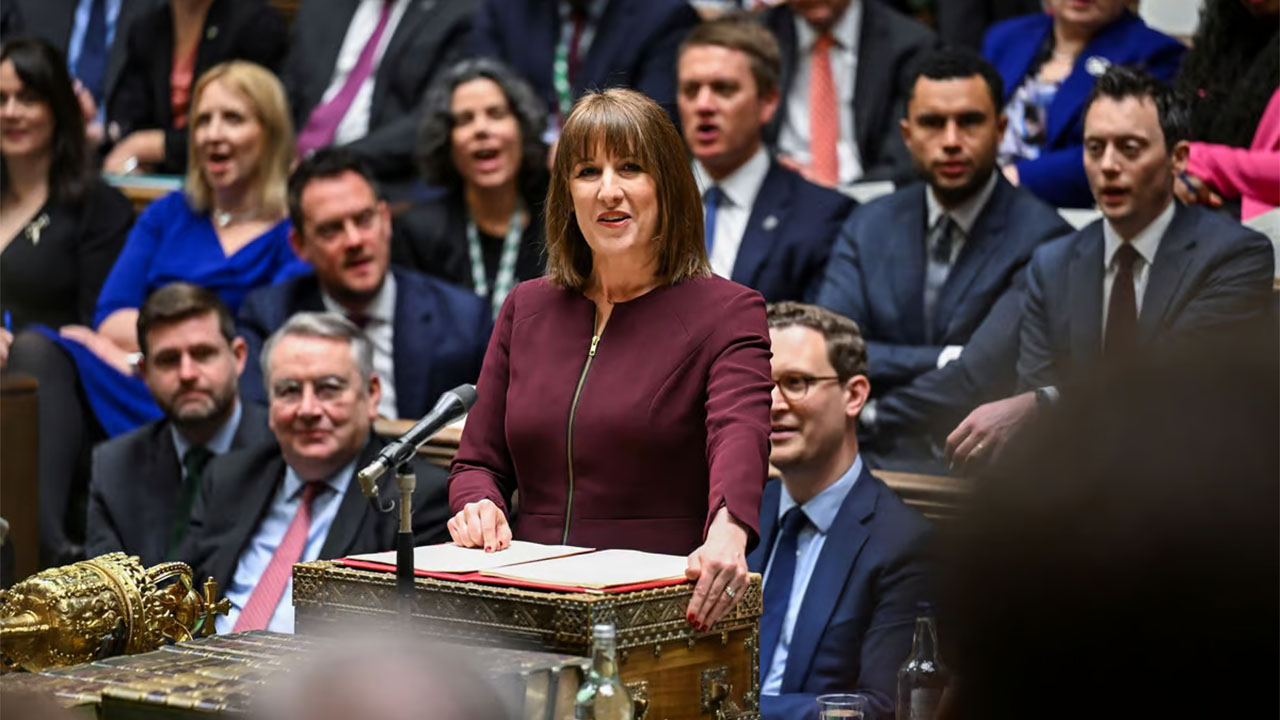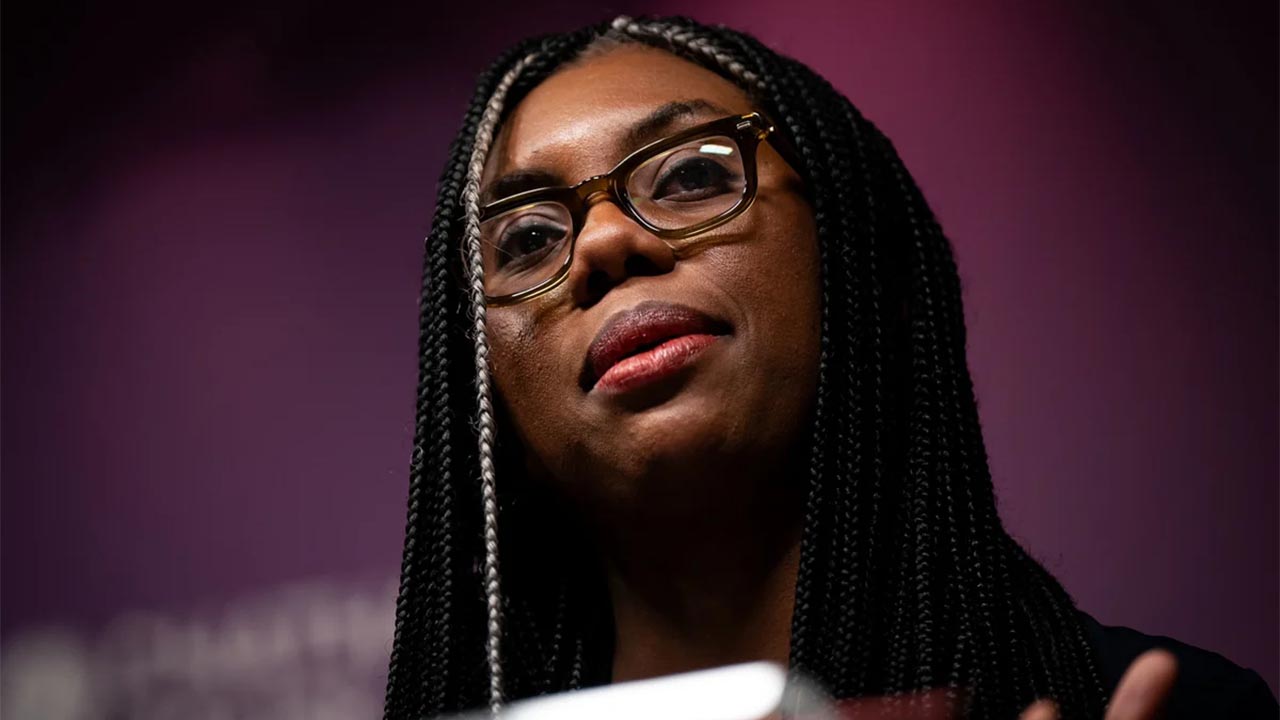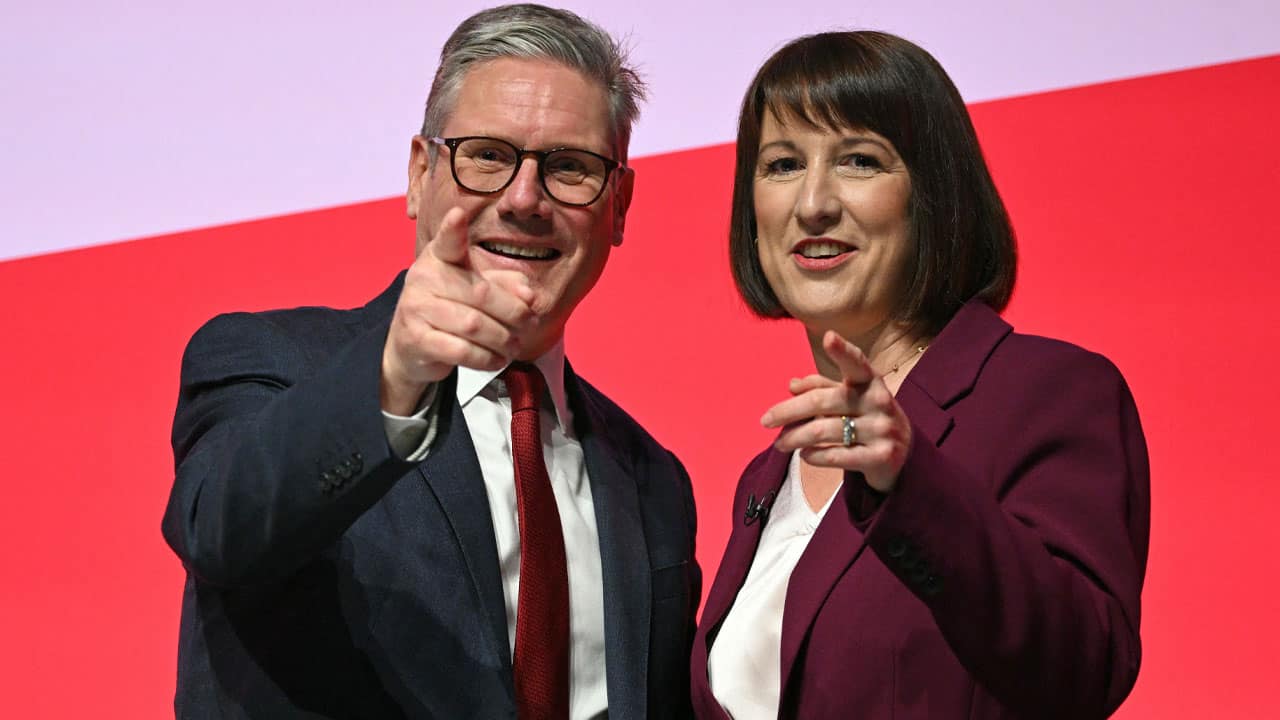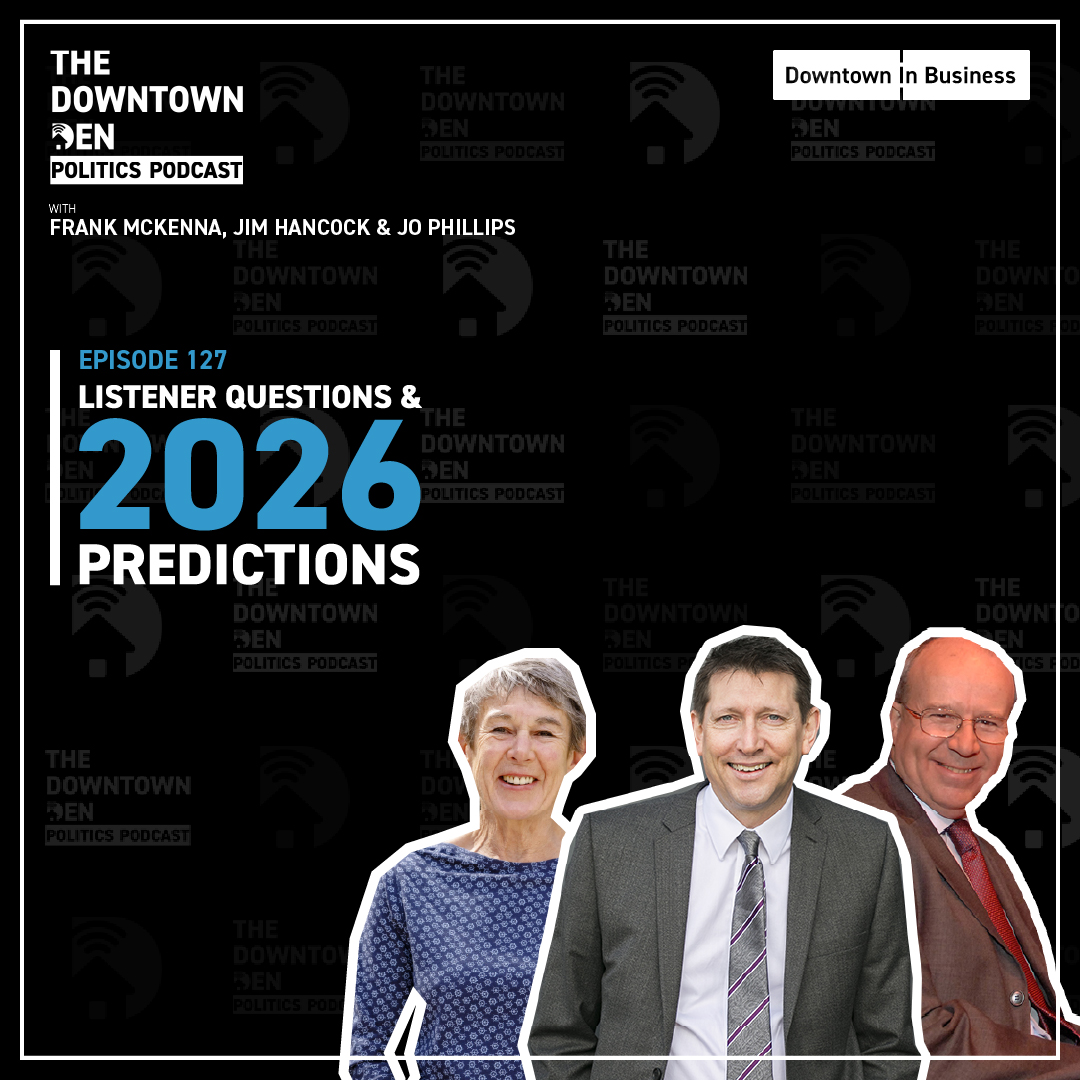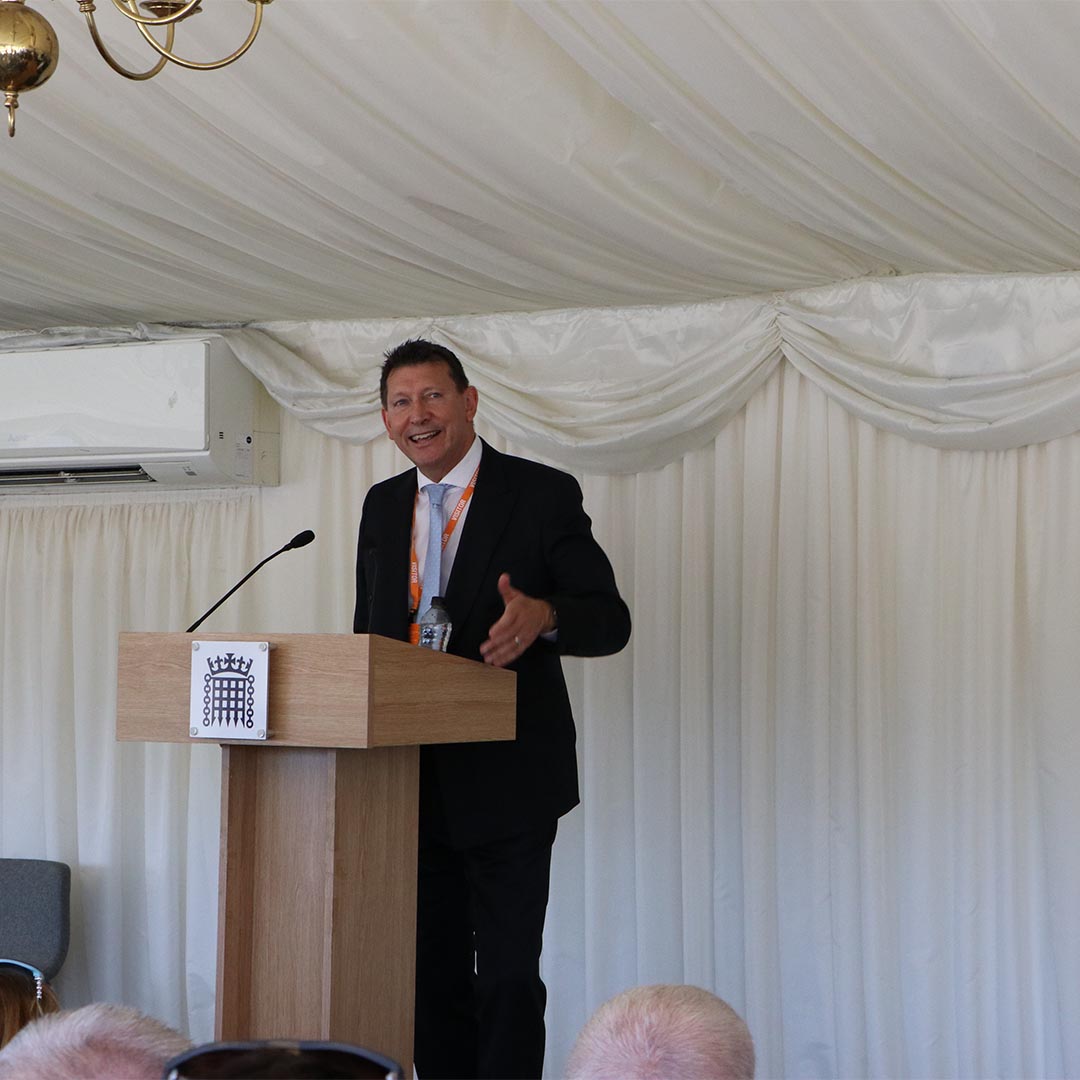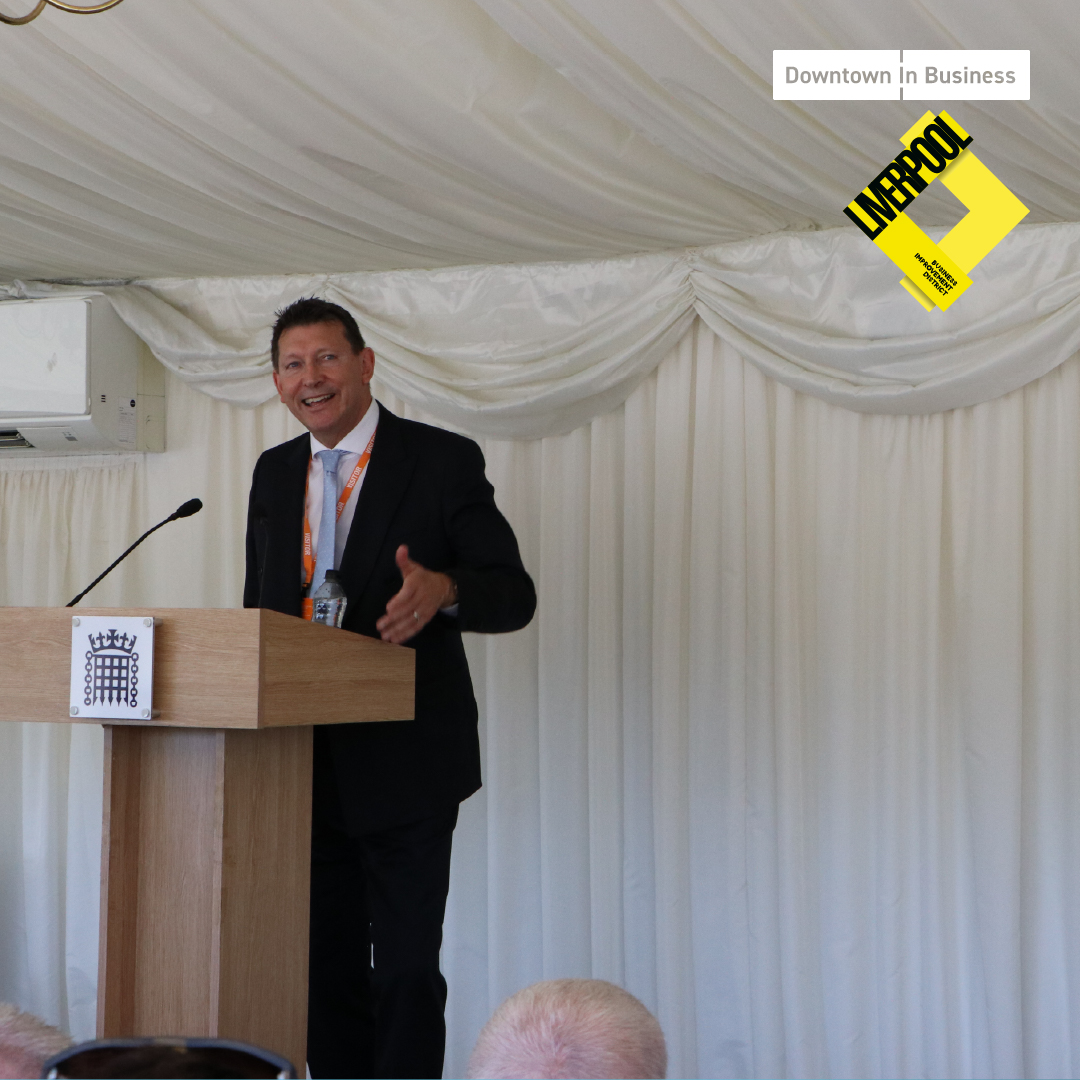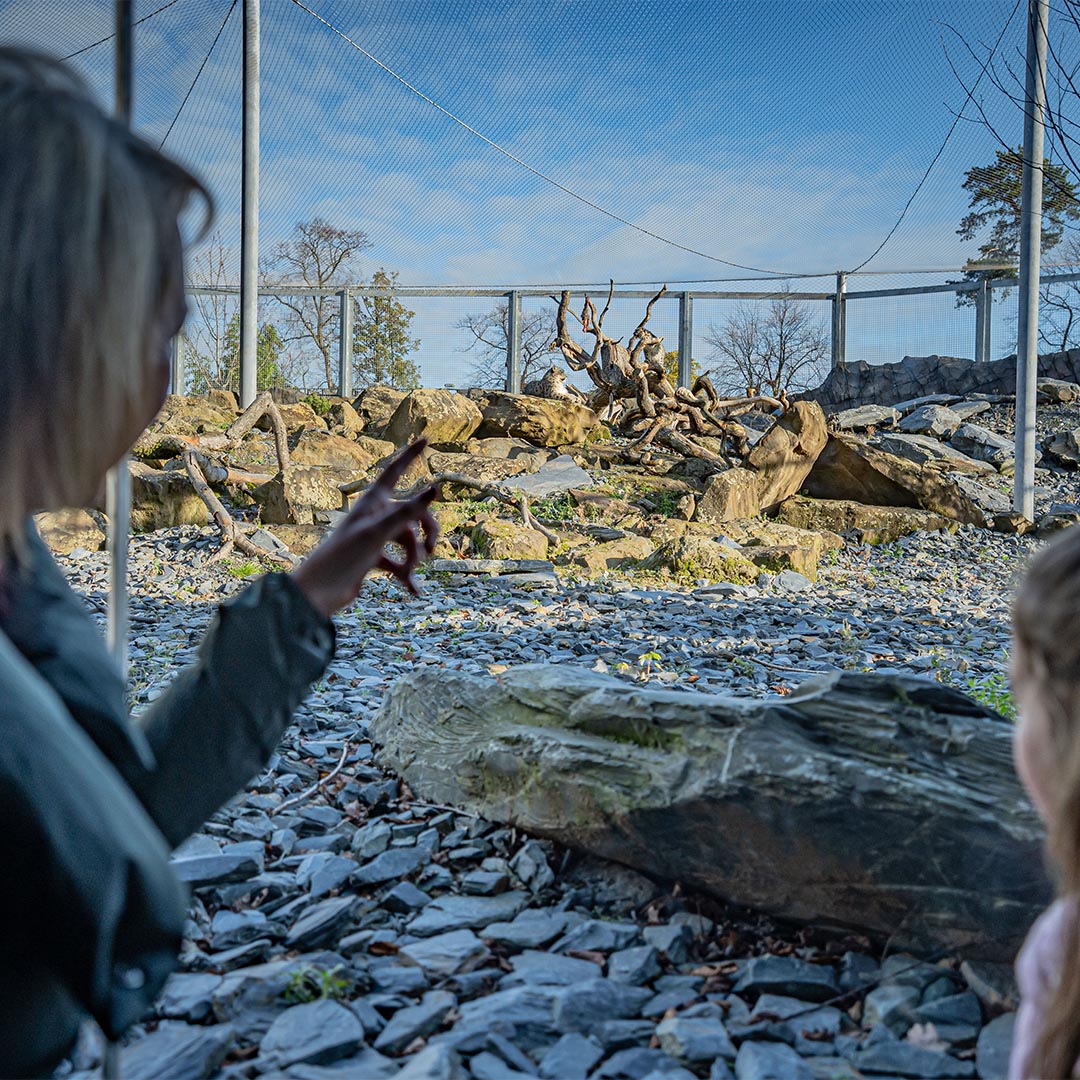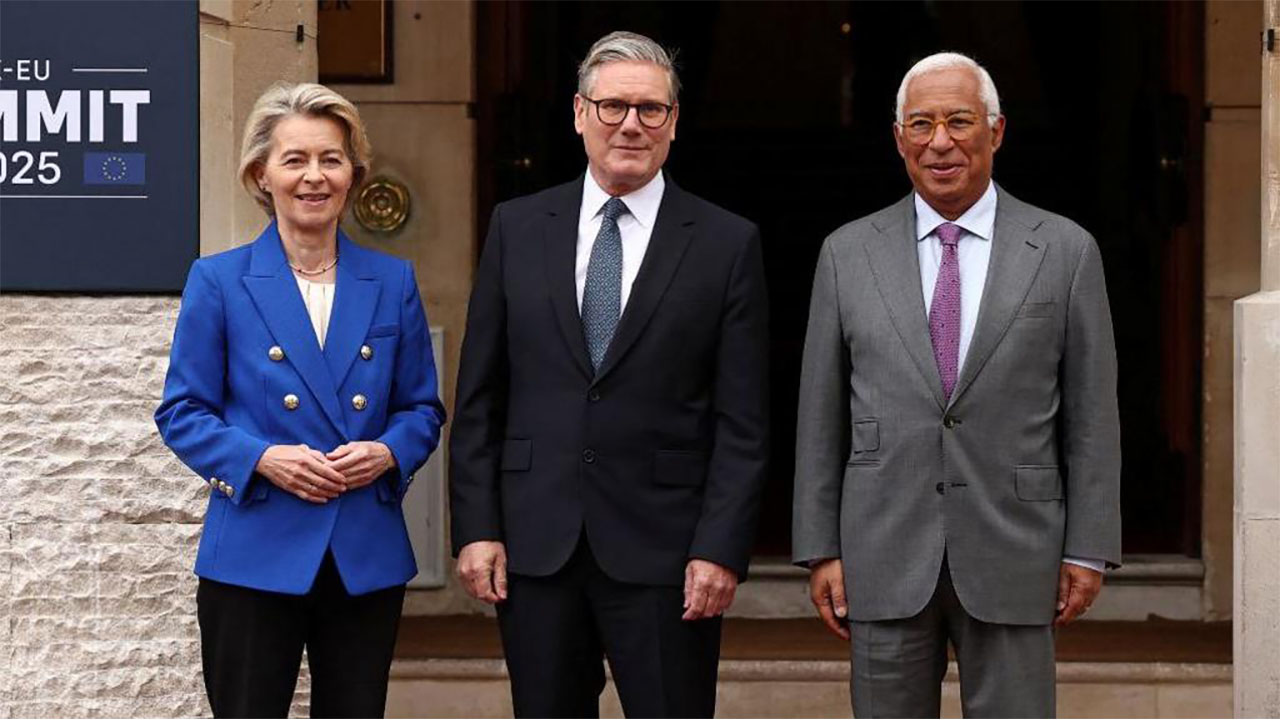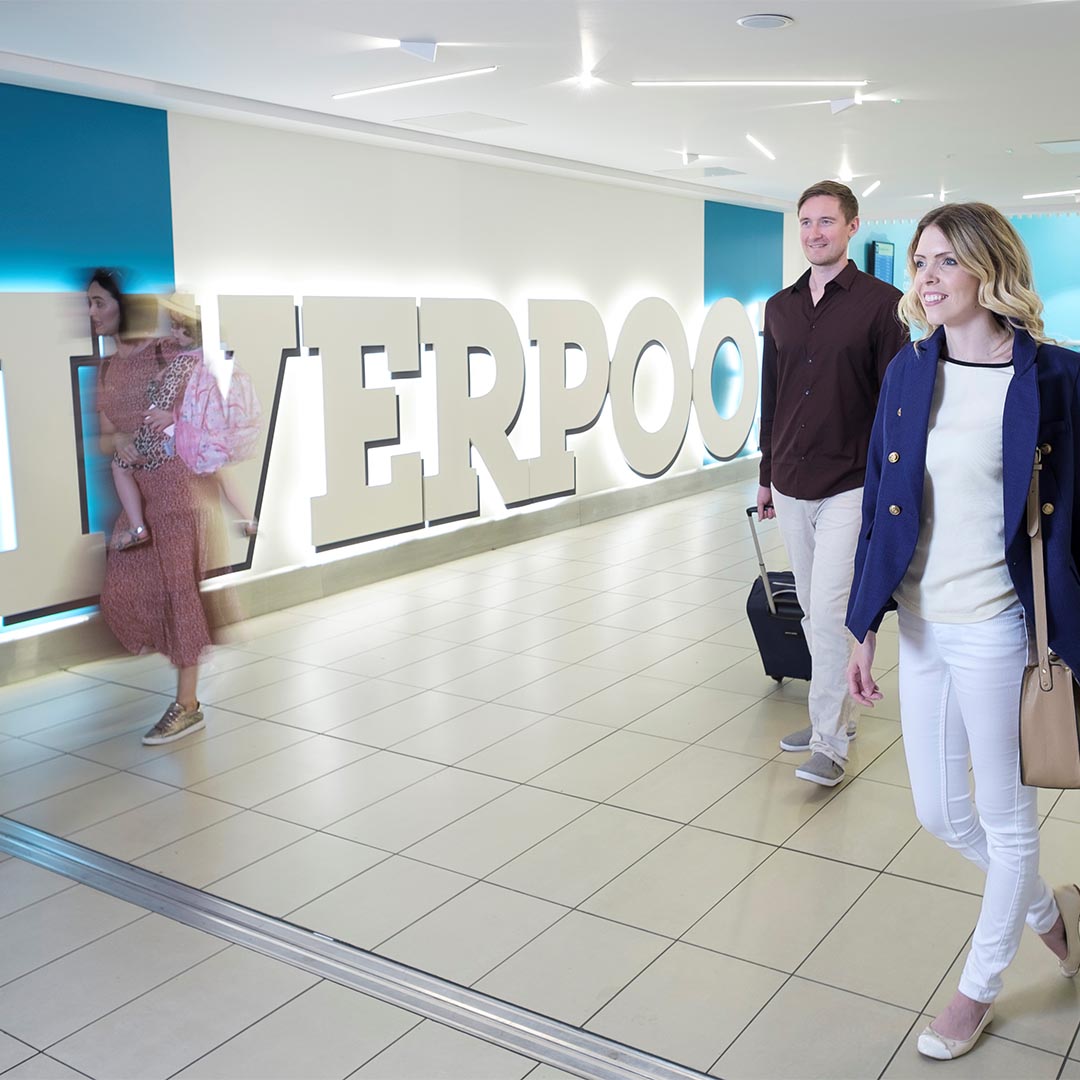Whilst we all wait with bated breath and increasing frustration for parliament to find a solution to the Brexit shambles, it is about time some of us started to think about the world post- Brexit – what vision, leadership and priorities should we be looking to set to take us into 2020 and beyond.
We are currently suffering from an alignment of unfortunate circumstances that have resulted in us having three of the worst performing leaders of our mainstream political parties that we have ever had to endure.
Theresa May has failed miserably in every objective she set herself when she became prime minister three years ago. Despite a government that is split asunder and dogged by the turgid negotiations to exit the EU, the chances of Jeremy Corby of succeeding May appear to be remote, whatever polling data you look at. At best Labour can hope to be the biggest party in a hung parliament after the next General Election. However, I think a Corbyn-led Labour Party will suffer significant losses. And Vince Cable is, quite literally, yesterday’s man, leading a Liberal Democrat rump who are still suffering from their collusion for the imposition of austerity and tuition fees.
Hopefully, once Brexit is done- perhaps even before – May will leave the stage. There is a danger that the Tories could elect a member of their party-within-a-party from the ERG, but given their obsession with power and winning, I think they could seek a less-strident, more diplomatic choice to sell the Conservative message to the country at a General Election. Corbyn will hang on until he is defeated at that election – which turn Labour takes then is anyone’s guess. Cable will be gone almost whatever happens and surely the Liberal Democrats can find a young Turk up for the challenge of turning their fortunes around?
You would have to be a real glass-half-empty type of guy to believe that we will not end up with a much more dynamic, energetic and visionary leadership of the UK post Brexit – and we need to start the conversation now of what we as a business community will be demanding from those leaders.
Top of the list must be a return to the devolution agenda; driving our major cities forward economically to re-balance the UK economy.
This week Downtown members heard from the head of the West Midlands Growth Company who presented his organisations exciting vision for Birmingham and the wider region. The industrial strategy that his team have produced could not be fail to impress. Ambitious, aspirational and innovative, it is clear that at a local level at least Birmingham, unlike Westminster, has a plan.
Similarly, our Manchester members were treated to a virtuoso performance from Sir Howard Bernstein who was one of the architects of the ‘Devo Manc’ deal that kicked off the Northern Powerhouse project. As he rightly pointed out, the lack of debate and discussion about how this initiative, and the Midlands Engine, could progress is scandalous – not just from the government, but from the opposition too.
In the absence of any ideas about anything from our political leaders, it is time for business leaders to start to develop a growth manifesto for life after Brexit. Top of the list is to get devolution front and centre of our strategy for economic growth from 2020 onwards. It could be a tough challenge if we do leave the EU – which is all the more reason for us to start mapping out what will be required now. The industrial strategies produced by the West Midlands and Greater Manchester are a positive contribution to that conversation.


